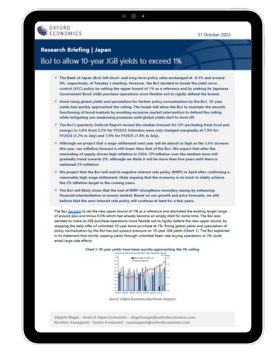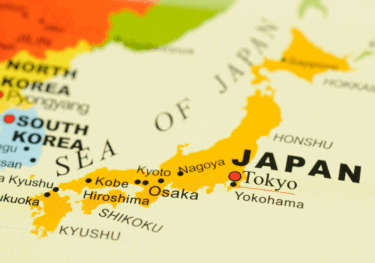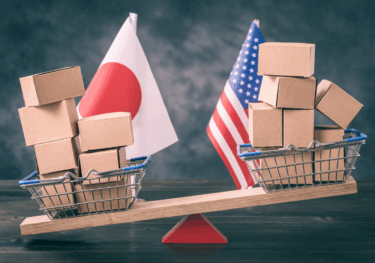BoJ to allow 10-year JGB yields to exceed 1%

The Bank of Japan (BoJ) left short- and long-term policy rates unchanged at -0.1% and around 0%, respectively, at the meeting on Oct.31. However, the BoJ decided to tweak the yield curve control (YCC) policy by setting the upper bound of 1% as a reference and by making its Japanese Government Bond (JGB) purchase operations more flexible not to rigidly defend the bound.
What you will learn:
- The BoJ’s quarterly Outlook Report revised the median forecast for CPI (excluding fresh food and energy) to 3.8% from 3.2% for FY2023.
- Although we project that a wage settlement next year will be almost as high as the 3.6% increase this year, our inflation forecast is still lower than that of the BoJ.
- We project that the BoJ will end its negative interest rate policy (NIRP) in April after confirming a reasonably high wage settlement, likely arguing that the economy is on track to stably achieve the 2% inflation target in the coming years.
- Based on our growth and price forecasts, we still believe that the zero-interest rate policy will continue at least for a few years.
Tags:
Related Posts

Post
Tariffs and Politics Leave the BoJ Powerless in Japan
The Bank of Japan kept its policy rate at 0.5% at its July meeting. We continue to think the BoJ will exercise caution on rate hikes despite still-high inflation and a recent trade deal with the US.
Find Out More
Post
US-Japan Trade Deal Fails to Shift Japan’s Growth Outlook
We estimate that the US's effective tariff rate on Japanese products is around 17%, in line with our baseline assumption. Lower tariffs on autos are a positive, given the sector's significant contribution to the economy and its broad domestic supporting base
Find Out More
Post
Japan’s Rising Political Instability Will Undermine Fiscal Discipline
The ruling Liberal Democratic party (LDP) and its partner Komeito lost their majority in Japan's upper house elections on July 20. Although Prime Minister Shigeru Ishiba will likely stay to avoid political gridlock, especially to complete tariff negotiations with the US, the political situation has become fluid and could lead to a leadership change or the reshuffling of the coalition.
Find Out More